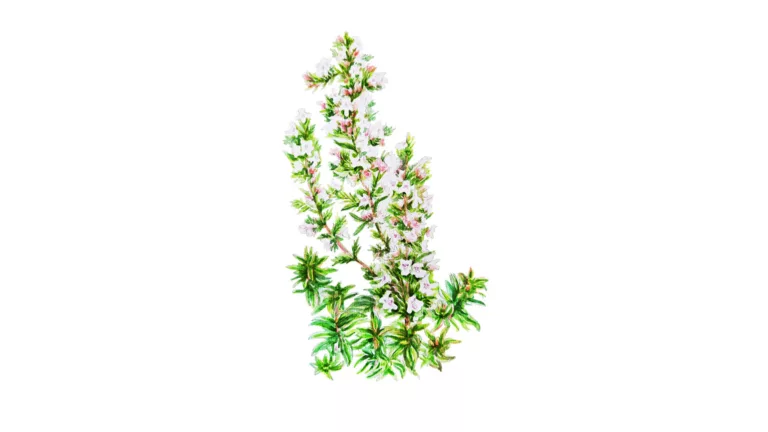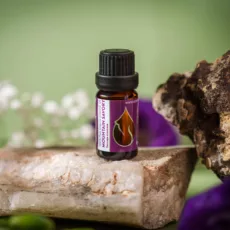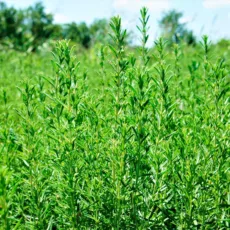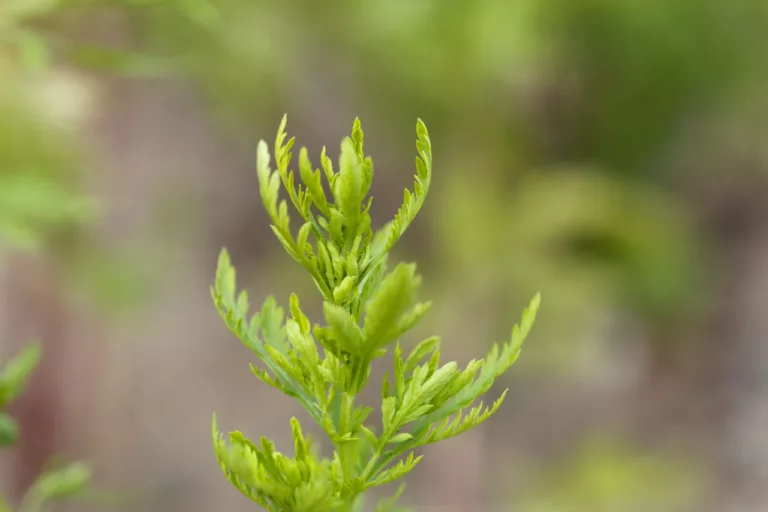Mountain Savory

Mountain savory (Satureja montana), also known as Balkan savory, is a perennial herbaceous plant. It belongs to the mint family (Lamiaceae) and is one of the oldest and most widespread spices in the world.
Its Latin name, Satureja, means “herb of the satyrs.” Satyrs were mythical creatures—half human, half goat—famed for their unruly nature.
Its tangy, slightly peppery flavor was a favorite of the ancient Romans, long before the first shipments of pepper arrived from India. In Antiquity, savory was considered an aphrodisiac. In the Middle Ages it was used to flavor cakes and other sweets. Thanks to monks, savory spread into Central Europe in the 9th century; they were enamored of the divine protection the herb was said to symbolize.
Mountain savory has healing properties due to its rich content of beneficial substances such as fiber; calcium, potassium, iron, and zinc; vitamins A, C (83% per 100 g), and B-group vitamins—B1, B3, and B6; up to 3% essential oil; mucilage; tannins; and more. The thymol in the herb has strong antioxidant and antifungal properties. Another constituent, carvacrol, inhibits the proliferation of pathogenic bacteria.
In folk medicine it is used for digestive and gastrointestinal complaints; high blood pressure; headaches; cough; dizziness; palpitations; and vomiting. Thanks to its sodium content, the herb helps normalize blood pressure and heart rhythm. The beneficial composition of savory makes it a unique herb with pronounced medicinal benefits.








